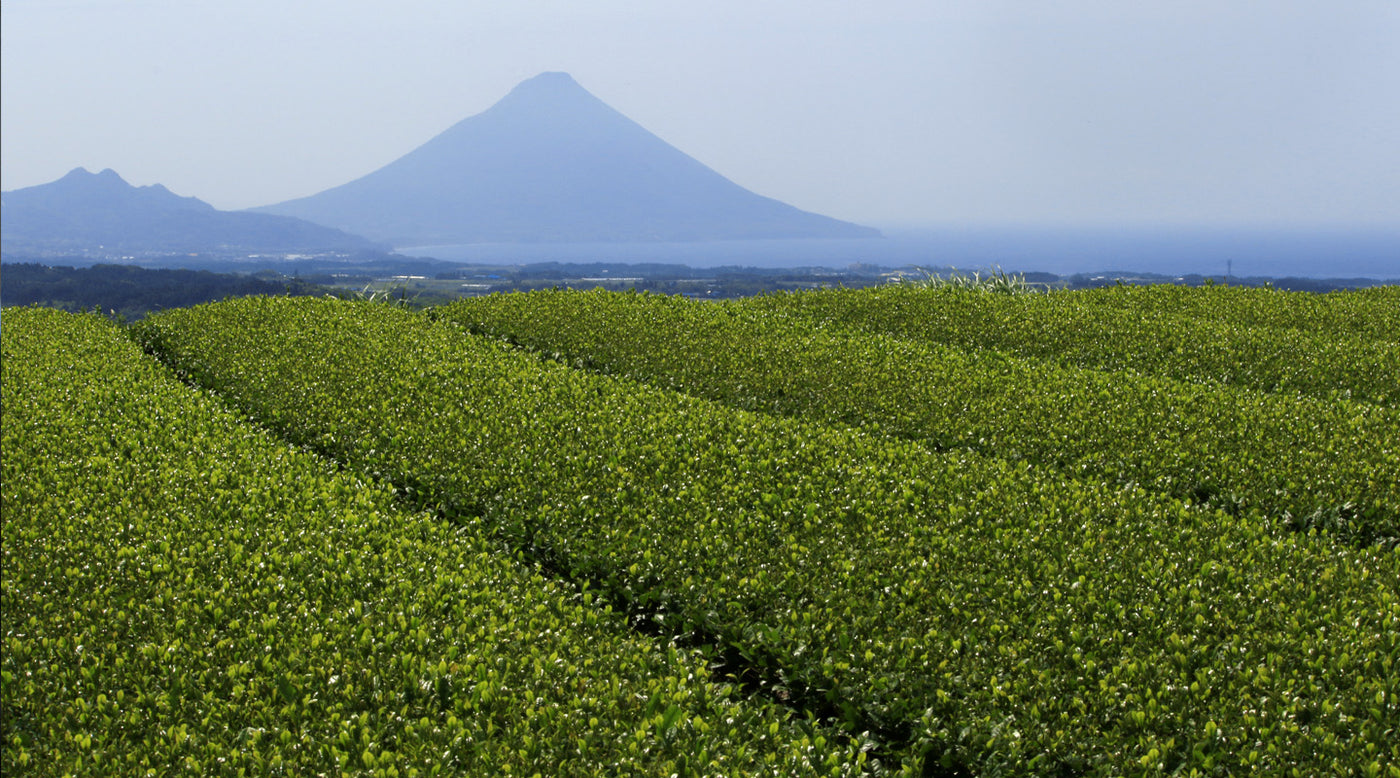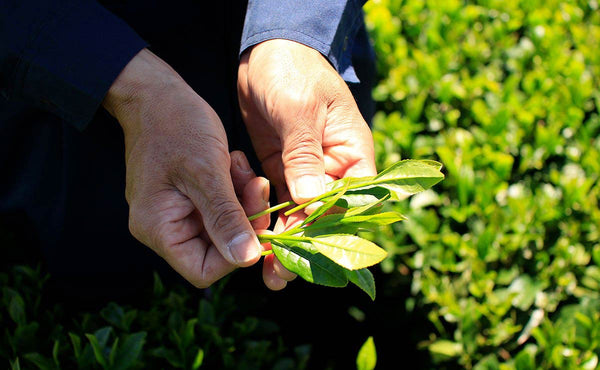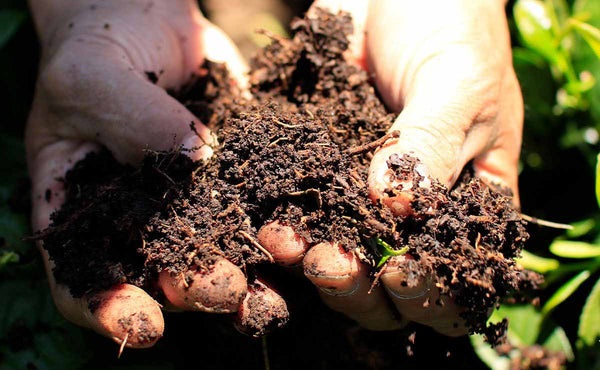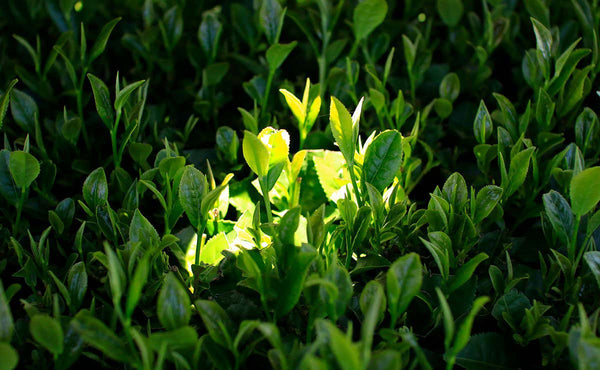
The number of organic tea brands in the food and beverage market is growing rapidly. In the US alone, there are more than 22,000 certified organic farms and businesses, including many organic tea companies. Consumer awareness of personal health benefits is not the only reason for this growing trend. Increasing organic certification also means that you are supporting sustainability, self-sufficiency, and food security.

As the buying habits of consumers evolve, adding an organic certification to your label is a win-win. People not only want to be sure that their food is free from synthetic chemicals and genetically modified organisms, but they also want to know that their concerns regarding the environment and animal welfare are met. Research shows that organic practices can improve water quality, conserve energy, increase biodiversity, reduce pollution, and contribute to soil health. The increasing demand for organic products is also making organic practices more common, accessible and cost-effective.
As people need to know more about what they are consuming, the demand for organic products, like sustainable organic tea brands, grows. As Javier Zamora, from JMS Organics points out: “The demand is really high, people want to know where their food is coming from, people want to see their food being grown and I can provide that for them…building those relationships with the customers is the key for success”.

The main difference between conventional and organic farming is that the latter uses natural or ‘organic’ fertilizers such as manure, bone meal or compost to feed the soil and plants, instead of using chemical or synthetic substances. Organic practices include biological pest control techniques such as using insects and birds to protect the plants instead of pesticides or antibiotics.
To manage weeds, organic farming for organic tea companies focuses on crop rotation and companion planting over chemical herbicides and avoids growth hormones or genetically modified organisms.

As with the production of any other organic beverage, organic tea companies have to follow USDA regulations in order to obtain an organic tea certification. As an organic tea brand, Keicha Tea World grows our green tea plants in Kagoshima, Japan. The surrounding volcanoes have made the local soil rich and full of natural minerals, providing the nutritious combo our plants need to produce the highest quality organic matcha. In addition, we only apply organic natural fertilizers with no pesticides.
About twenty days before harvest, the green tea bushes have to be covered to reduce the amount of light that hits their leaves. Traditionally, this shade was made from straw and reeds but currently, we use USDA organic certified materials that don’t affect the biodiversity of the ecosystem, a standard requirement for obtaining our organic tea brand certification.

According to the USDA there are five basic steps to become certified:
Becoming an organic tea company can be costly and complicated depending on the farming practice and the product(s) being produced, but organic farmers find that the tradeoff is well worth it. Although the road to organic certification can take some time, organic farmers will find that there are plenty of resources available on the USDA website, including resources to find an agent that can assist with the process. Many organic tea brands see the benefits of certified organic labeling once their products hit shelves.
Keicha Tea World takes pride in being an organic tea company. Find out more about our certifications here.